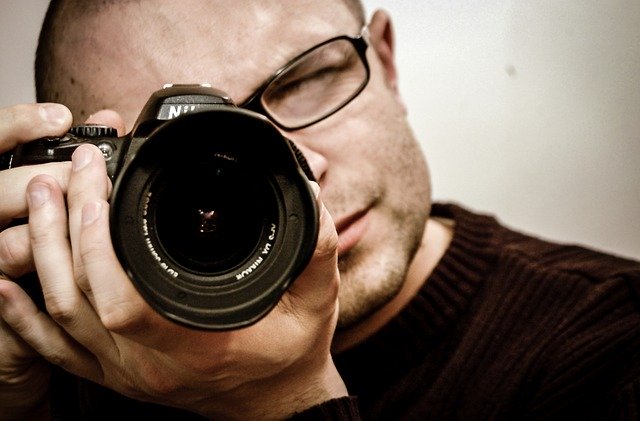
How much do the photos I take have to do with my brain memory? How much is my mind edited when I edit a photo? How important is photography to human relations?
Very few people know exactly what happens in our brain when we do something: reactions to sexual stimuli, areas that are activated with memories or the process that is generated to tell a lie, among many other things. In there, while you are doing all those things naturally, the cables that determine everything are moving.
Remember that here If you are looking for professionalism and having memorable photographs from a remarkable event in your life such as your wedding, here at Fuss Photography you will find what you look for.
According to an interview done to a neuroscientist and researcher named Joshua Sarimana, there are different factors of photographs that can affect the brain in different ways. Joshua mentions that interest in neuroscience has always been focused on memory, and that was born from his inclination towards philosophy. The camera is a very good metaphor for memory, because that is what you are doing: capturing an image forever.
The more he became interested in neuroscience, the more he learned about how memory works. His photos began to focus more and more on how memory changes and how it is updated. When he looks at old photographs they remind him of the time he spent in Paris, for example, and he remembers the events that took place while he was taking that picture. Now, 14 years in the future, that information is updated simply because that is the way the brain works: every time you remember a moment, that memory can change, because when the brain reactivates it makes it malleable. Many times, new information can be inserted in that memory: he think that this is how a photo serves to remember something that happened, channelling the ability to update your past with your present.
The interviewer went on and asked: Do you think a person who takes pictures during a trip or a party will have better memory of events than a person who was there but did not take pictures?
Yes. There is evidence to prove this. Microsoft did a study with people who have some damage in the hippocampus, the part of the brain that is responsible for keeping autobiographical memories. The hippocampus does not have the data you learned in school or the things you know about your loved ones, but the information that is part of your personality. The patients in the experiment did not have the capacity to generate these memories. The experiment consisted of hanging a camera to the people with this deficiency in the hippocampus and asking them to look at the pictures at night. The memories did not vanish, as it would happen in any other way: they can retain information about what happened during the day for much longer.
When you look at a photograph, is the image stored in a different place than the hippocampus?
Yes, that’s the original idea. It is not yet known, it is totally unknown. It can be a slightly more sensorial memory. So, if it is more sensory, emotions are not so connected to the moment. There is a lot of potential for this kind of research. It is important to be able to understand how we remember events in our life.
How much do you have to edit a photo to modify my memory? If you correct the colours of a photograph, will my memories of that moment also be more vivid?
It is hard to say. When Joshua goes back to his photographs, he takes a photo and edit it and then he looks at it after a year and he does not remember the original photo, but the edited photo. He always remembers post production photography and sometimes I look at the original photo and I get surprised because he does not remember it that way, although it resembles more how it looked.
The prefrontal cortex that is responsible for predicting future events according to the information that one already knows. So, if you are going to take a picture, and say you are looking at a subject that is in motion, you try to predict how that subject is going to move and try to figure out what is the best time to take the picture. How important is that process for a photographer?
Paying attention is always going to be super important for a photographer. In direct photography you have to anticipate someone’s movement very quickly. We must be very attentive to human behaviour. But that conscious attention, after you’re taking pictures for a long time, becomes intuition, which is unconscious. The prefrontal cortex is important for learning, just as anticipation is important in street photography. When intuition becomes, however, the prefrontal cortex is no longer important.
Let’s talk about selfies. Some psychologists say that the more selfies a person takes, the more narcissistic he is. Is that true?
Taking selfies is something natural. The only problem is that people are a little afraid of being creative and they are just pictures of themselves, easy to forger shots that are taken millions of times per day. When they edit a selfie it is usually using a pre-stablished filter or add-on from social networks so they do not need to create anything by themselves. This is not helpful to exercise memory.
Considering what has been mentioned on this post, it is evident how important photos from your wedding or any special events can be, for that reason, here at Fuss Photography we are willing to help you have the dreamed photos you always wanted to have in an album on the middle of your central table at home. Never forget any special event with the help of our professionals with years of experience taking premium quality photographs in Australia.